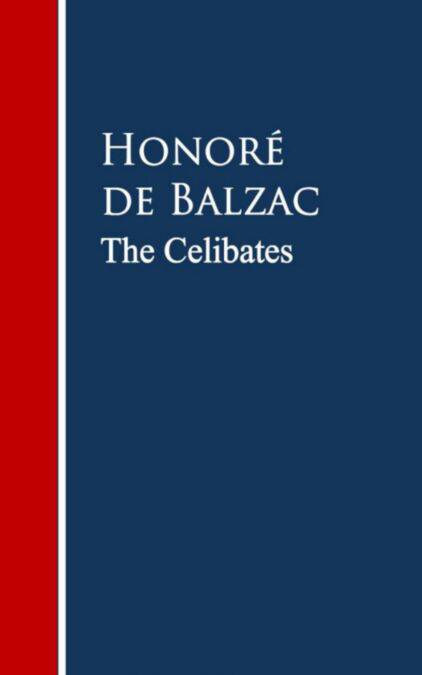
- Afhalen na 1 uur in een winkel met voorraad
- Gratis thuislevering in België vanaf € 30
- Ruim aanbod met 7 miljoen producten
- Afhalen na 1 uur in een winkel met voorraad
- Gratis thuislevering in België vanaf € 30
- Ruim aanbod met 7 miljoen producten
Zoeken
Omschrijving
Les Celibataires, the longest number of the original Comedie Humaine under a single title, next to Illusions perdues, is not, like that book, connected by any unity of story. Indeed, the general bond of union is pretty weak; and though it is quite true that bachelors and old maids are the heroes and heroines of all three, it would be rather hard to establish any other bond of connection, and it is rather unlikely that any one unprompted would fix on this as a sufficient ground of partnership.
Two at least of the component parts, however, are of very high excellence. I do not myself think that Pierrette, which opens the series, is quite the equal of its companions. Written, as it was, for Countess Anna de Hanska, Balzac's step-daughter of the future, while she was still very young, it partakes necessarily of the rather elaborate artificiality of all attempts to suit the young person, of French attempts in particular, and it may perhaps be said of Balzac's attempts most of all. It belongs, in a way, to the Arcis series—the series which also includes the fine Tenebreuse Affaire and the unfinished Depute d'Arcis—but is not very closely connected therewith. The picture of the actual Celibataires, the brother and sister Rogron, with which it opens, is one of Balzac's best styles, and is executed with all his usual mastery both of the minute and of the at least partially repulsive, showing also that strange knowledge of the bourgeois de Paris which, somehow or other, he seems to have attained by dint of unknown foregatherings in his ten years of apprenticeship. But when we come to Pierrette herself, the story is, I think, rather less satisfying. Her persecutions and her end, and the devotion of the faithful Brigaut and the rest, are pathetic no doubt, but tend (I hope it is not heartless to say it) just a very little towards sensiblerie. The fact is that the thing is not quite in Balzac's line...
Two at least of the component parts, however, are of very high excellence. I do not myself think that Pierrette, which opens the series, is quite the equal of its companions. Written, as it was, for Countess Anna de Hanska, Balzac's step-daughter of the future, while she was still very young, it partakes necessarily of the rather elaborate artificiality of all attempts to suit the young person, of French attempts in particular, and it may perhaps be said of Balzac's attempts most of all. It belongs, in a way, to the Arcis series—the series which also includes the fine Tenebreuse Affaire and the unfinished Depute d'Arcis—but is not very closely connected therewith. The picture of the actual Celibataires, the brother and sister Rogron, with which it opens, is one of Balzac's best styles, and is executed with all his usual mastery both of the minute and of the at least partially repulsive, showing also that strange knowledge of the bourgeois de Paris which, somehow or other, he seems to have attained by dint of unknown foregatherings in his ten years of apprenticeship. But when we come to Pierrette herself, the story is, I think, rather less satisfying. Her persecutions and her end, and the devotion of the faithful Brigaut and the rest, are pathetic no doubt, but tend (I hope it is not heartless to say it) just a very little towards sensiblerie. The fact is that the thing is not quite in Balzac's line...
Specificaties
Betrokkenen
- Auteur(s):
- Uitgeverij:
Inhoud
- Aantal bladzijden:
- 1091
- Taal:
- Engels
Eigenschappen
- Productcode (EAN):
- 9783736414396
- Verschijningsdatum:
- 8/09/2016
- Uitvoering:
- E-book
- Beveiligd met:
- Digital watermarking
- Formaat:
- ePub

Alleen bij Standaard Boekhandel
Beoordelingen
We publiceren alleen reviews die voldoen aan de voorwaarden voor reviews. Bekijk onze voorwaarden voor reviews.








